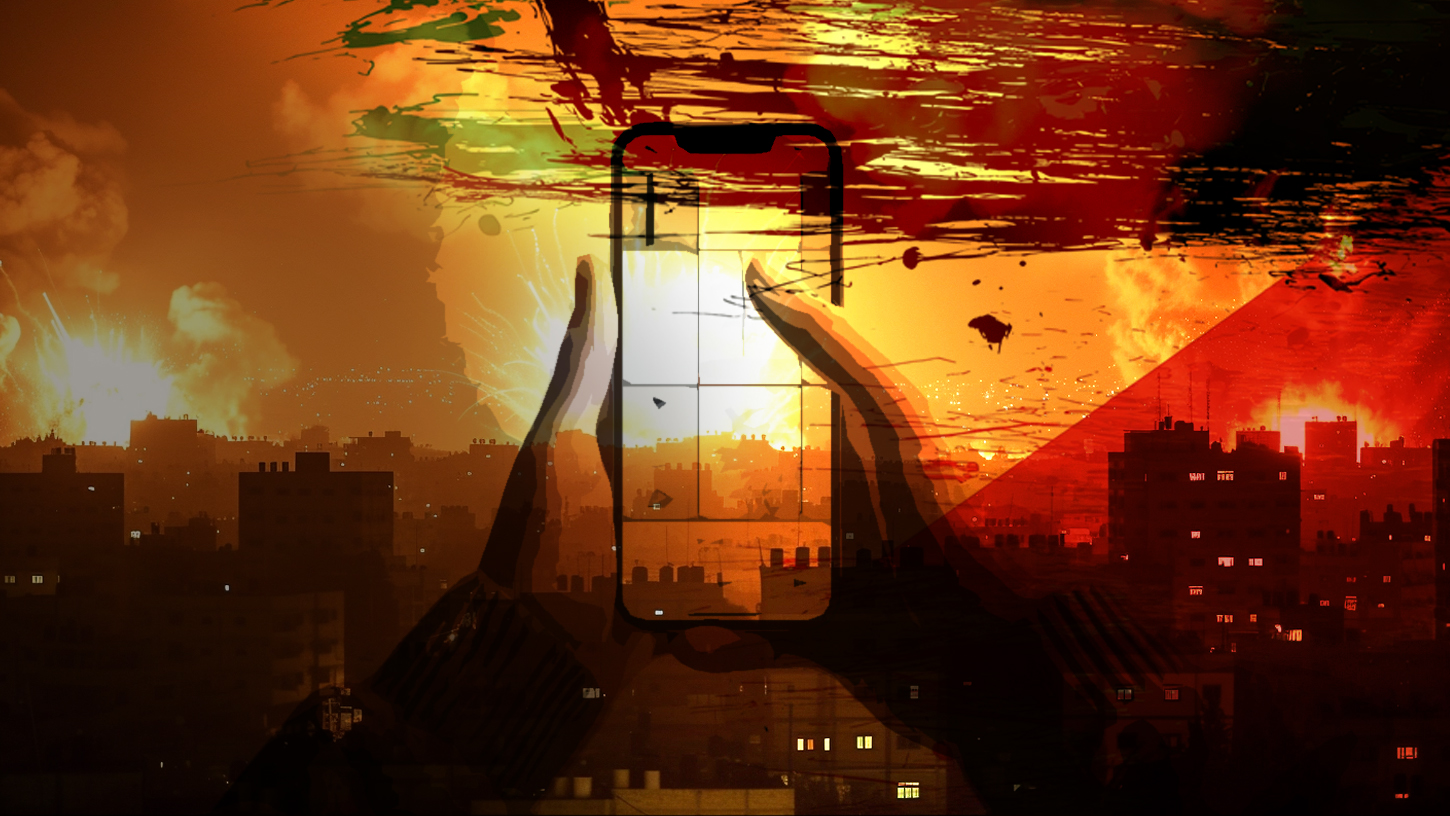
The day I found my six-year-old cousin on Instagram
Seeing the destruction of Gaza from Kosovo.
Seeing how the situation in Gaza has progressed over the years, I understand my father.
I never thought I would see my family on this page.
Sadly, it hasn’t been enough in the West for Palestinians to showcase our martyrs.

Nora El Hadad
Nora El Hadad is a 20-year-old volunteer from Germany, who graduated as a lab-technician. She has been living and volunteering in Kosovo since September.
This story was originally written in English.